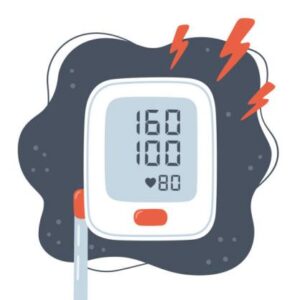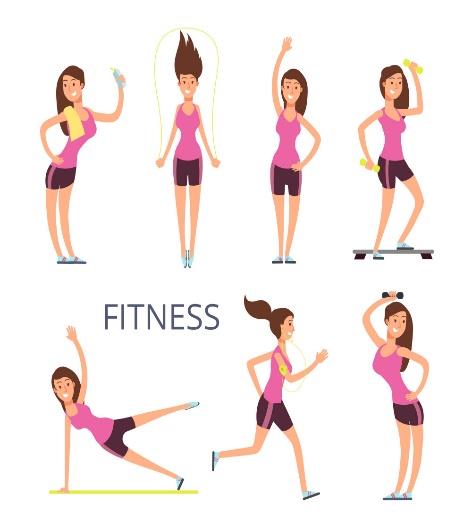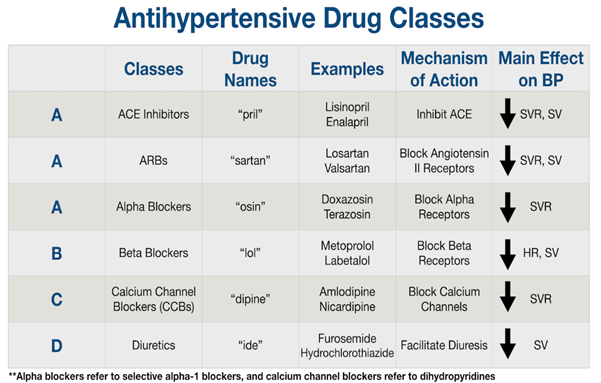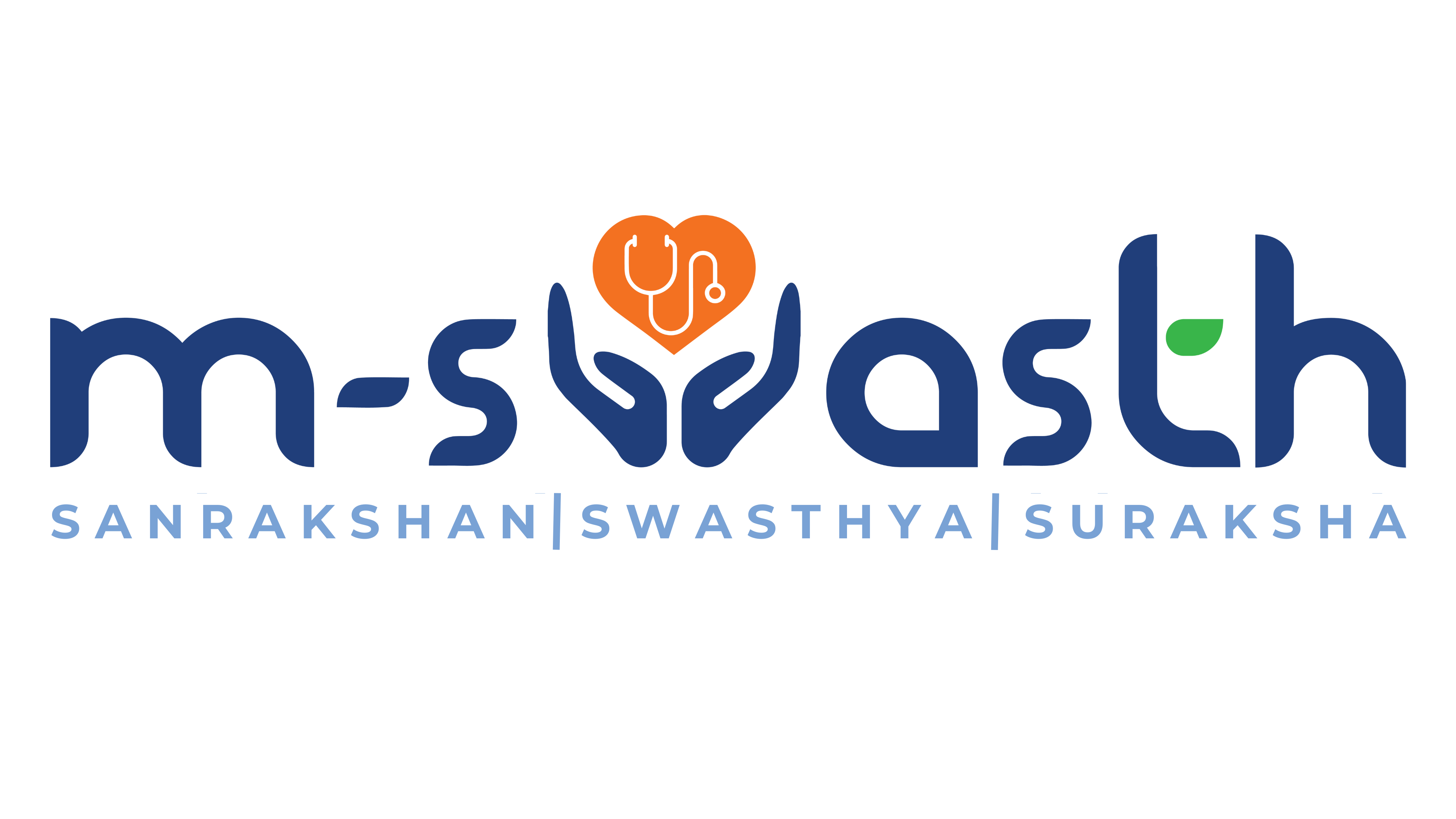Written By : DR. ISHWARYA
Hypertension – in simple terms is when the pressure of your blood against the walls of your arteries is consistently too high. It’s like your heart is working overtime, pushing blood through narrow pipes which can put extra strain on your heart and other organs, which is not good for your health. A holistic approach – The best way to overcome and control Hypertension.
The World Hypertension League (WHL) a nongovernmental and non-profit organization dedicated to the prevention and control of hypertension globally has launched the first World Hypertension Day on May 14, 2005. But since 2006 the WHL has dedicated May 17 of every year as World Hypertension Day.
Unpacking the Numbers: What Do Your Blood Pressure Readings Really Mean?

In a simple way the top Number (Systolic Pressure) shows how hard your heart is working when it pumps blood out to the body.
- Normal: Systolic pressure below 120 mmHg and diastolic pressure below 80 mmHg.
- Elevated: Systolic pressure between 120-129 mmHg and diastolic pressure less than 80 mmHg.
- Hypertension Stage 1: Systolic pressure between 130-139 mmHg or diastolic pressure between 80-89 mmHg.
- Hypertension Stage 2: Systolic pressure of 140 mmHg or higher or diastolic pressure of 90 mmHg or higher.
- Hypertensive Crisis: Systolic pressure over 180 mmHg and/or diastolic pressure over 120 mmHg. This requires immediate medical attention.
The bottom number (Diastolic Pressure) tells you how relaxed your heart is when it rests between beats.

Holistic approach – The best way to overcome and control Hypertension.
This involves addressing not only the physical aspects but also the mental, emotional, and lifestyle factors that contribute to high blood pressure. Here’s how you can incorporate a holistic approach:
Healthy Eating: Focus on a balanced diet rich in fruits, vegetables, whole grains, lean proteins, and healthy fats. Reduce sodium intake by limiting processed foods and adding herbs and spices for flavour. Consider the DASH (Dietary Approaches to Stop Hypertension) diet, which emphasizes fruits, vegetables, and low-fat dairy while minimizing red meat and sugary foods.
Stress Management: Practice relaxation techniques such as deep breathing, meditation, yoga to manage stress levels. Chronic stress can contribute to hypertension, so finding healthy ways to cope is essential.
Quality Sleep: Aim for 7-9 hours of quality sleep each night. During sleep, your body repairs and rejuvenates itself, including regulating blood pressure. Poor sleep quality, such as insufficient sleep or disrupted sleep patterns, can lead to higher blood pressure levels over time. Poor sleep quality or sleep disorders like sleep apnea can contribute to high blood pressure. Create a relaxing bedtime routine, limit screen time before bed and ensure your sleep environment is comfortable and conducive to rest. Adequate sleep is essential for maintaining hormonal balance, including hormones that regulate appetite, metabolism, and stress response. Hormonal imbalances due to poor sleep can contribute to hypertension and other health issues.
Maintain a Healthy Weight: Excess weight, especially around the waist increases the risk of hypertension. Focus on gradual weight loss through a combination of diet and exercise. Even a minimal weight loss can lead to significant improvements in blood pressure.
Regular Exercise: Aim for at least 150 minutes of moderate intensity aerobic activity or 75 minutes of vigorous activity per week, along with muscle strengthening exercises on two or more days. Exercise helps lower blood pressure, improves heart health, and reduces stress.

Limit Alcohol and Avoid Tobacco: Both alcohol and tobacco can raise blood pressure and increase the risk of heart disease.
Regular Monitoring and Medical Care: Schedule regular check-ups with your family physician to monitor your blood pressure and overall health. Follow their recommendations for medications if prescribed.
Mind-Body Practices:

Incorporate mind-body practices such as mindfulness meditation, yoga, guided imagery or biofeedback to promote relaxation and reduce blood pressure. These practices can help improve your overall sense of well-being and resilience to stress.
Supportive Relationships: Supportive & positive relationships within the family can buffer the effects of stress and improve mental well-being, which in turn can help lower blood pressure.
Adapting the Home Environment: Make adjustments to the home environment to support hypertension control such as keeping healthy snacks readily available, creating a designated exercise area, and minimizing stress triggers like clutter or noise
Accountability Partner: A spouse can serve as an accountability partner, helping you stay on track with your hypertension management plan. Whether it’s reminding you to take medication, accompanying you on walks or exercise routines, or monitoring your progress, having someone to share the journey can increase adherence to treatment.

Emotional Support: Managing hypertension can be stressful, especially if it requires significant lifestyle changes or medication. A supportive spouse / friend can offer emotional support, lending a listening ear, providing reassurance, and offering comfort during challenging times. This emotional support can help reduce stress levels, which is beneficial for blood pressure control.
By adopting a holistic approach that addresses all aspects of health, you can effectively manage hypertension and reduce your risk of complications while enhancing your overall quality of life.

By Dr. Ferina
TYPES:
Your provider will diagnose you with one of two types of high blood pressure:
Primary hypertension: Causes of this more common type of high blood pressure (about 90% of all adult cases ) include aging and lifestyle factors like not getting enough exercise.
Secondary hypertension: Causes of this type of high blood pressure include different medical conditions
By Dr. Deepthi
What will happen if you do not take medicine?
Now :- Nothing
But in 4-5 years
- Heart Attack
- Kidney Damage
- Brain Stroke
- Eye-Blindness
By Dr. Abhishek
Naresh’s Journey: Conquering Hypertension the Indian Way
by Dr. Shayani
Naresh, a lively 45-year-old India-born schoolteacher who enjoys spicy homemade curry and daily coffee, begins his journey with a routine physical examination, revealing concerning blood pressure levels and a hypertension diagnosis. Determined to improve his health, he adheres to prescribed medications, adjusts his diet, and incorporates yoga and walking. Public awareness campaigns and government policies can further aid in managing hypertension.
